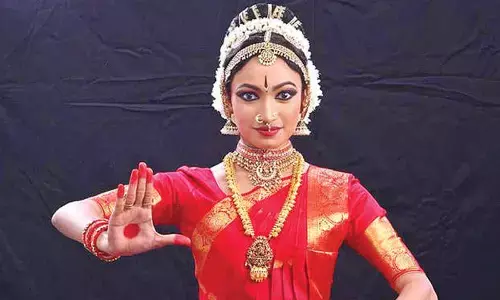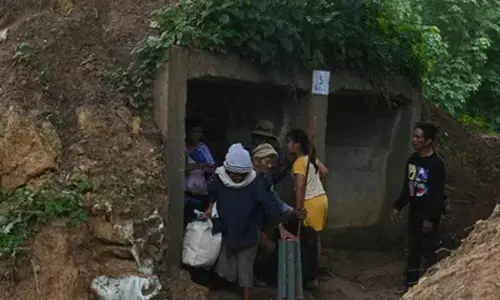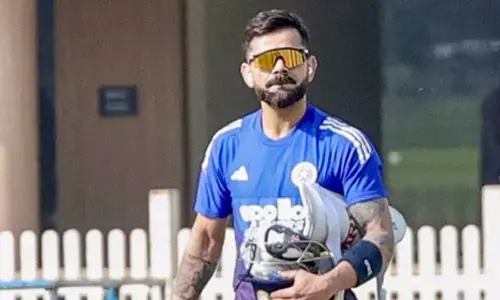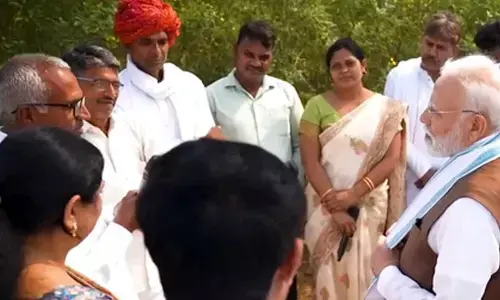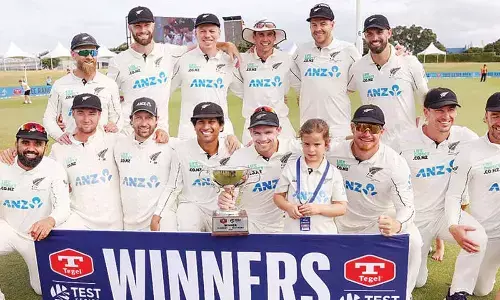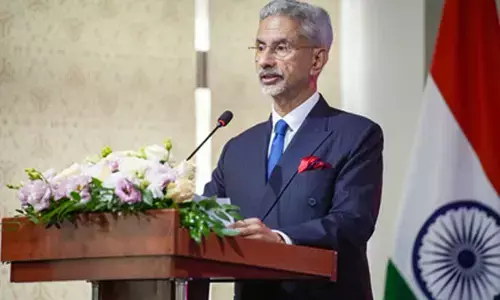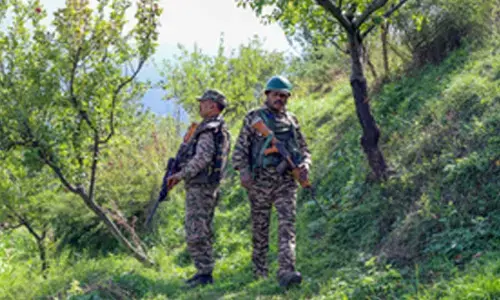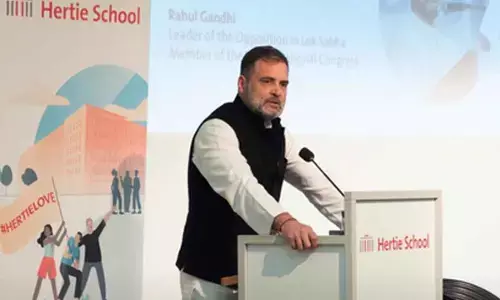I negotiate with memories on a daily basis: Photographer Chandan Gomes
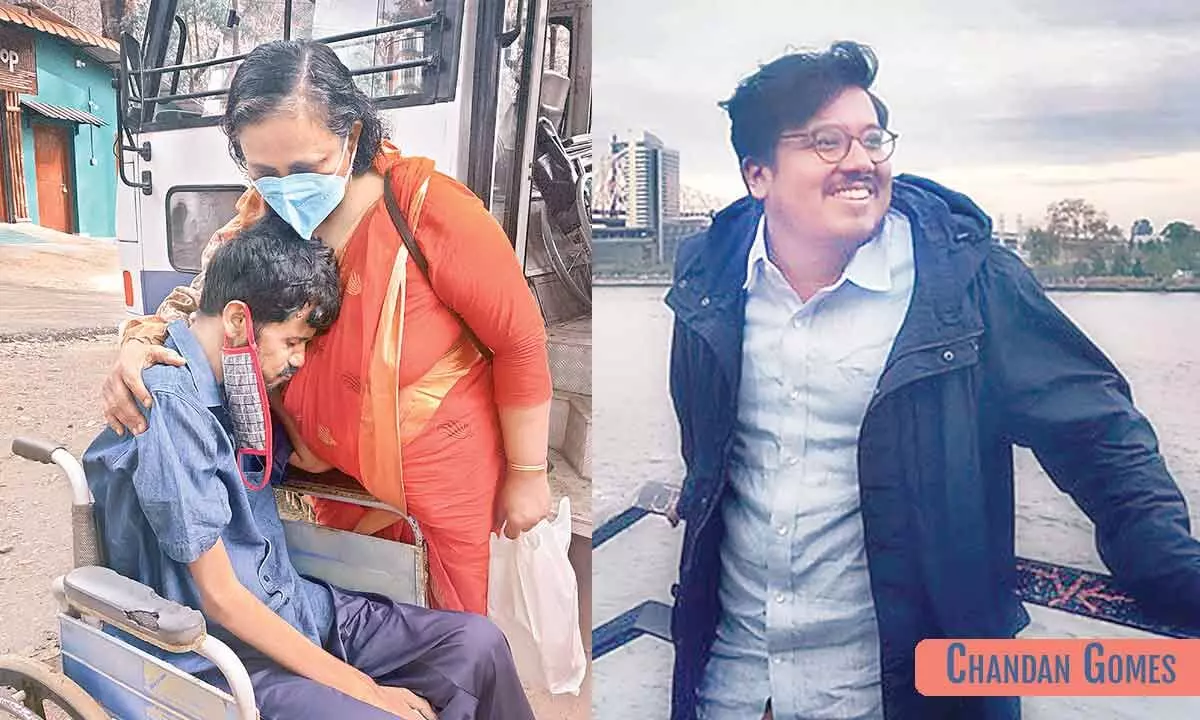
Gomes is recipient of the Oslo University scholarship, the Foto Visura Spotlight grant, and the India Habitat Centre Fellowship for photography
As a photographer and filmmaker, he constantly seeks out invisibility as a concept. Memory and abandonment happen to be some of the concerns that seldom leave him. For photographer and filmmaker Chandan Gomes, multiple themes collide to come at a single point of a needle.
"The emotion of invisibility and one-sided relationships... As a compulsive photographer, when I see a fascinating face and photograph it, but the person has no idea about my existence -- that is another thing -- a motive that shows in my work," he tells.
His debut short film 'All That We Wish to Stay', will soon release on an OTT platform where he explores the consequences of mental illness, like in his work exhibited at the Kochi Biennale in 2018-19. It revolves around a woman who has been admitted for depression. And it is love that is responsible for her state.
However, her doctor, in the end, questions if a condition can be stamped a disorder just because it does not conform to the majority's norm?
Recipient of the Oslo University scholarship, the Foto Visura Spotlight grant, and the India Habitat Centre Fellowship for photography, Gomes, who started out as a photojournalist, then shifted to documentaries and later built an art-based practice says, "I eventually realized that there are so many stories out there that could not be told through photography. And I had always wanted to make films. Narrative-based work always interested me, thus the transition from documentary to fiction."
For him, fiction assumes an important place in art forms. Believing that only those photographs that carry a story within manage to stand out, he adds, "Narratives are paramount, especially in this time and age considering the visual bombardment from all around. For photography to make sense it has to come from a narrative, a place."
Currently working on his next short film, Gomes, who was a Philosophy student at St Stephen's College in the national capital, says that studying the subject has had a profound impact on his practice.
"I was good at it, but the real processing happened when the degree finished. That is when I started applying things. So it has been very important to my work in a practical way, evaluating those ideas into empirical experiences in life."
The photographer, who co-founded the Open Library in New Delhi, which facilitates access to expensive photography books for youngsters who cannot afford to buy them, says, "Several senior photographers and people from the industry donated their books, and we also chipped in with our money. It was the first of its kind in India, and there have been many since then. It still survives at the Sri Aurobindo Centre for Arts and Communication, but we are moving it soon to a new area which will be more accessible."
Preferring not to be defined by styles but by his gaze; in photography, he is looking forward to working on obituaries, lost letters, and unpublished works. Some are extensions of work that he showed at Kochi.
"I am someone who photographs and documents a lot of ideas because then some of them become books, some take the form of projects while others come out as photo books."
While he feels that things have improved over the years, Gomes, who did not undergo any formal training in the medium, says that there are still not enough photography grants and scholarships.
"There have to be more opportunities, and there are hardly any right now," he concludes.








